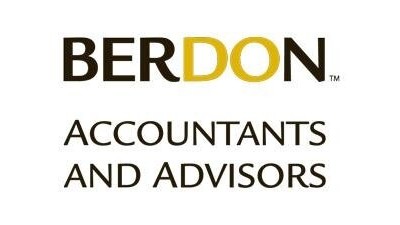Think You're About To Be Audited? Know These Triggers And Precautions

A number of triggers can prompt the New York State Department of Taxation and Finance to conduct an audit of a property, and if the state has previously found sufficient evidence to warrant such an audit, that property’s likelihood of being audited again is greatly increased. It behooves property owners and managers to familiarize themselves with common audit triggers, review their financial statements and, if necessary, consult a tax pro to prepare in advance.
“What we’ve been seeing in New York is increased audit activity due to sales tax issues resulting from the difference in classification and tax treatment between capital improvements, which are typically deemed additions to real property and can be exempt, and repair and maintenance expenses, which are generally taxable,” Berdon LLP tax principal Terence Avella said.

Determining what constitutes a capital improvement in New York can be complex, Avella said. Although capital improvement-type expenditures are typically gray areas, they all have three essential characteristics.
First, they must add value to the property or prolong its useful life. Next, they have to become part of the real property, and be affixed to the real property so that if one were to remove them, the act would cause damage to the property being installed or the real property itself. Third, the taxpayer must have the intent to make the installation permanent. This last point is most difficult to prove due to its subjectivity, but auditors will often look to see whether the property stays with the lessee or the landlord after lease termination to validate.
"The first thing assessors will typically consider is the scale of the work being done on a property, and significant expenditures for a remodel of an office, apartment complex or hotel could be flags,” Avella said. “Knockdowns have always drawn attention, but now, any type of rebuild, even if not substantial, can too.”

There are numerous audit triggers beyond capital improvement-related ones. Many are associated with accounting for building services and property maintenance, things like trash removal, elevator repair, security services and cleaning. Avella said he often discovers people making mistakes with these transactions, and either underpaying or overpaying taxes in these areas.
Utilities represent another broad bucket in which he typically sees issues. Owners use a number of methods to pass utility costs to tenants, including submetering, inclusion in the rent based on usage or a simple lump sum fee, and each approach has different sales tax implications.
“We encourage our clients to get us involved early,” Avella said. “Usually, we get engaged mid-audit, but we’re in a much better position if we can plan ahead to strategize and mitigate risk.”
He advises owners of previously audited properties to accrue use tax on applicable transactions, for example, to try and insulate against potential future penalties and interest.

The upside to consulting a tax pro is sometimes overlooked, but Avella generally finds opportunities for recapturing taxes that were overpaid in error.
“In most instances, we can either file a refund claim or request a credit,” Avella said. “We typically call these reverse audits or reviews, which is the opposite of what the state does in looking for underpayments.”

